Our Language Services: English ↔ Spanish
Language connects people.
At Carmel, we specialize in understanding the meaning behind words
because we are defined by what we say and how we say it.
Specialized Translation Services
English–Spanish and Spanish–English translations in clinical research, healthcare, wellness and marketing.
Editing and proofreading with linguistic precision and cultural adaptation.
Website and digital content localization, including communication campaigns.
Publishing and DTP to preserve design and style.
Certified quality processes ensure accuracy and consistency.


Professional Interpreting
Remote interpreting (phone or video) for quick, accessible consultations.
On-site interpreting for events, meetings, and contexts requiring direct interaction.
Services offered in both English and Spanish, with flexibility to suit different scenarios and needs.
Subtitling
Native-level accuracy and linguistic expertise.
Technical tools for precise subtitle-audio synchronization.
Voiceover
Narration that engages your audience and brings your brand to life.
Projects delivered with the appropriate local tone.
Transcription
Accurate conversion of audio or video into text. Perfect for conferences, interviews, or legal material.
Multimedia Content Solutions
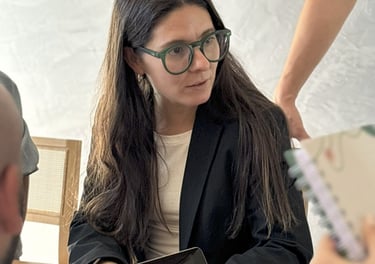

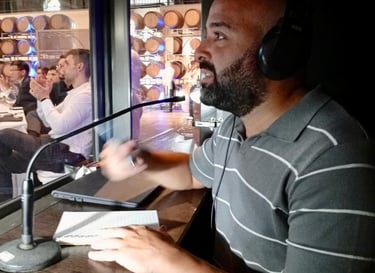

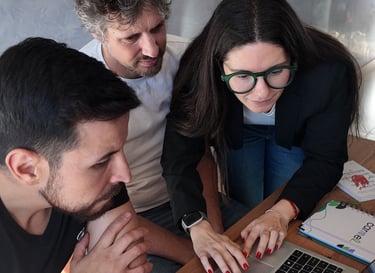

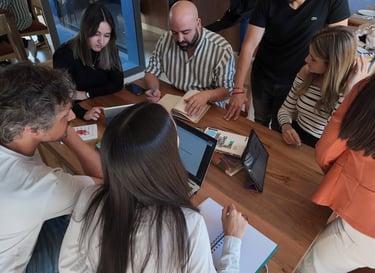

Linguistic Accessibility
Comprehensive Language Consulting
Adapting content to accessible formats with standards that ensure inclusive, barrier-free communication for diverse audiences.
Culturally adapted communication plans, support for bilingual teams and efficient management of glossaries, translation memories and workflows to make the most of your resources.
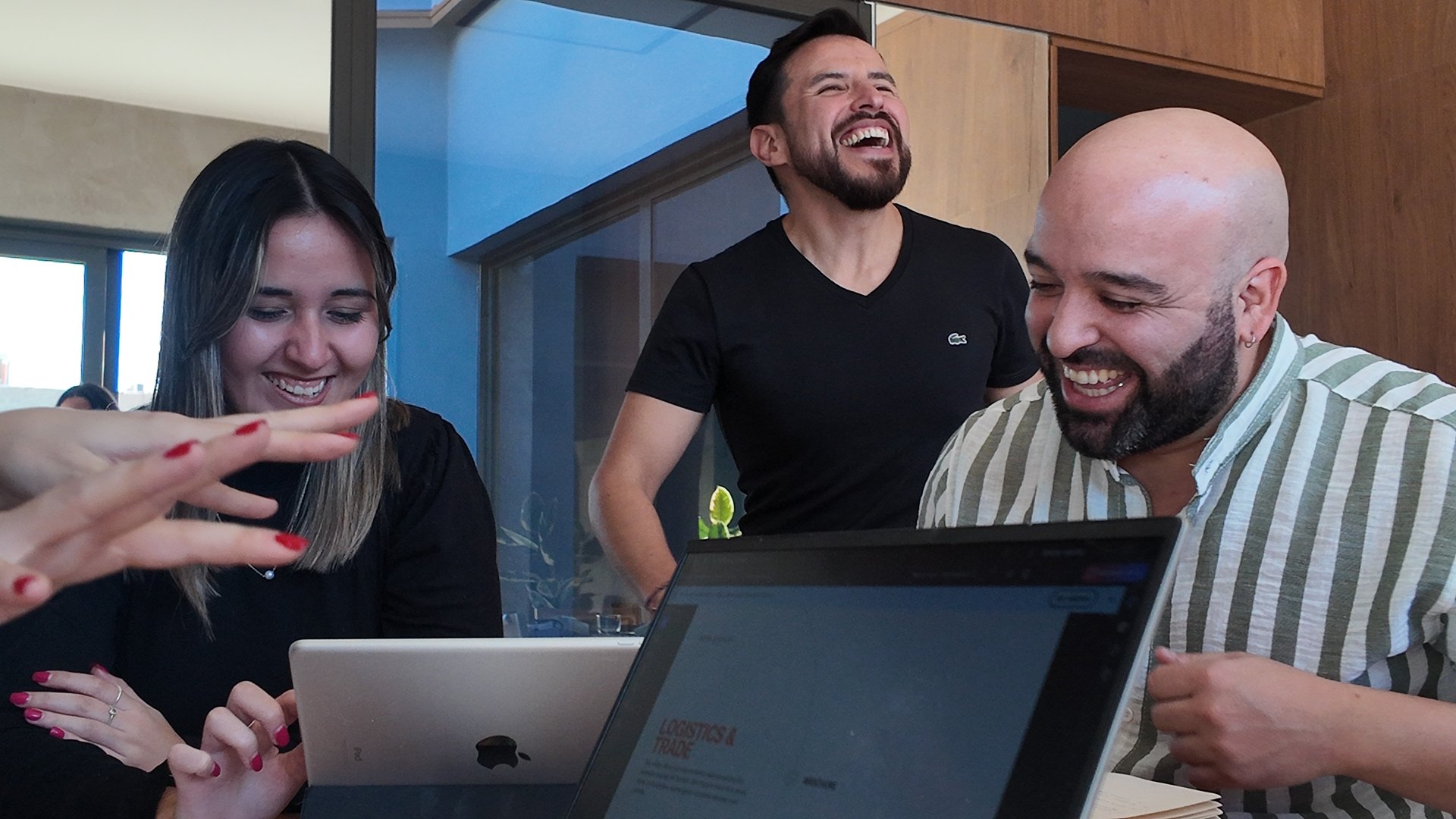
Services
Text Translation:
Connecting cultures with precise, tailored translations.
Adapting your text to the cultural and emotional context of your audience.
Refining automated translations for accuracy and context.
Localization:
Machine Translation Post-Editing:
DTP & Post-DTP:
Reviewing text, images and graphics
for proper formatting.
Creative Editing & Writing:
Exports & Imports:
Grammar, style, consistency
and copy refinement.
Translating your materials for English or Spanish speaking markets.

Fields We Serve
Health & Life Sciences:
Clinical documentation, insurance, protocols.
Wellness & Meditation:
Manuals, style guides, websites, books & instructional materials.
Employee handbooks, agreements, resumes.
HR & Corporate:
Education & Training:
Copywriting, storytelling, websites, labels, scripts, books.
Workshops, manuals, online content, programs, reports.
Marketing & Communication:
Legal Documents:
Certified and sworn translations, personal, educational, and legal documents.
Frequently Asked Questions
What is content localization?
In translation, localization (l10n) is the process of adapting a text, product, or service for a specific market or culture. It goes beyond literal word-for-word translation, incorporating adjustments in language, culture, date formats, currencies, images, and references so that everything feels natural to the audience. The goal is to make content familiar, relevant, and understandable, fostering a deeper connection and better reception of your product or service.
Key aspects of localization:
Cultural adaptation: Adjusting content to resonate with the values, customs, and sensitivities of the target market.
Technical and functional formats: Adapting units of measurement, date and time formats, currencies, and the layout of websites or software.
Language and idioms: Using local expressions or dialects so the text feels natural and relatable.
Cultural references: Modifying or removing references that may be unclear or misinterpreted in the target culture.
In short, while translation is a linguistic process of substituting words from one language to another, localization is broader since it includes translation plus cultural, functional, and technical adaptation to make content feel natural for a specific audience.
What is the translation process at Carmel?
Our approach to quality translation
At Carmel, we believe quality isn’t a final step—it’s how we work at every stage. We follow a structured yet flexible process that combines human expertise, international standards, and supporting technology to deliver accurate, reliable, and culturally adapted translations.
Stages of our process:
Project analysis
Assessing document type, subject matter, target audience, and deadlines.
Selecting the best team of translators, reviewers, and project managers based on expertise.
Preparation and assignment
Creating glossaries and translation memories to ensure consistency.
Assigning projects to certified public translators and specialists with proven experience.
Translation
Every text is translated by a human professional, supported by CAT tools to ensure accuracy and terminological consistency.
Linguistic and technical review
A second linguist checks grammar, style, terminology, and cultural suitability.
Corrections and adjustments maintain fidelity to the original and fluency in the target language.
Quality control (QA)
Our Quality Management team applies international standards (ISO 9001, 17100, 18587) and confidentiality guidelines (HIPAA).
Automated QA tools detect potential inconsistencies, which are validated by a human reviewer.
Editing and formatting (DTP/Post-DTP)
Adapting the original document layout (tables, images, graphics) to preserve style, clarity, and readability.
Ensuring accessibility (accessible PDFs, screen reader compatibility, etc.).
Delivery and feedback
Projects are delivered in the agreed format and on time.
Client feedback is incorporated, and final adjustments are made as needed.
Every project contributes to our cycle of continuous improvement.
What tools do you use for translation?
What is the difference between a certified translator and a sworn translator?
How to choose a translation company
MemoQ, Wordfast, Phrase, Smartcat, Trados, Figma, Microsoft Office, XBench, Adobe, and others.
A certified translator is someone who has obtained a recognized certification often from a professional association, academic program or testing body that confirms their skills and competence in translation. The certification shows they meet certain professional standards but doesn’t necessarily give their work legal standing.
A sworn translator (sometimes called a court-appointed or official translator) is formally authorized by a government or judicial body to produce translations with legal validity. Their signed and sealed translations are accepted as official documents for legal processes, such as birth certificates, contracts, or immigration paperwork.
When choosing a strategic language partner, consider:
Specialization: Experience in your sector (medical, legal, technical, marketing, etc.).
Quality and certifications: Agencies with structured QA processes and certified translators.
Human team: Native translators and professional reviewers, not just machine translation.
Confidentiality: Secure handling of sensitive information.
Service and guidance: A good agency advises, adapts, and delivers tailored solutions, not just translations.
In short, a boutique agency like Carmel Linguistic Services prioritizes quality, warmth, and project growth.
Which online translator is the most accurate one?
No automatic translator is 100% precise. DeepL and Google Translate are popular and can handle general texts well, but technical, medical, marketing, or business documents always need a professional translator to ensure accuracy and coherence.
What is more reliable than Google Translate?
What is a translation service?
Which translation app is 100% accurate?
No app is fully precise: Machine translation helps understand the general meaning but cannot replace cultural sensitivity, specialized terminology, or human style.
Human translation services, especially in medicine, engineering, or law, are the only way to ensure precision.
Professional translation services or certified translators provide accuracy, coherence, and cultural adaptation that machines cannot guarantee.
Which is the most reliable translator?
A translation service is the professional conversion of text from one language to another, done by experts who ensure linguistic, technical, and cultural accuracy. Unlike automatic tools, professional services guarantee quality, confidentiality, and audience-appropriate adaptation.
Why choose Carmel Linguistic Services?
We are a strategic partner you can trust. At Carmel, we combine technological know-how, precise execution, and cultural sensitivity always with genuine human connection. Many of our translators are educators, blending deep linguistic knowledge with the ability to guide and support you throughout the project.
We adapt our processes to fit your needs, not the other way around. With careful planning, clear communication, and flexibility, we ensure every project is delivered on time and aligned with your goals. Clients choose Carmel not just for quality, but for trust, collaboration, and adaptability in every partnership.
We’re here to help with
all your linguistic needs.
+54 9 263 436-1061
© 2025. All rights reserved.
